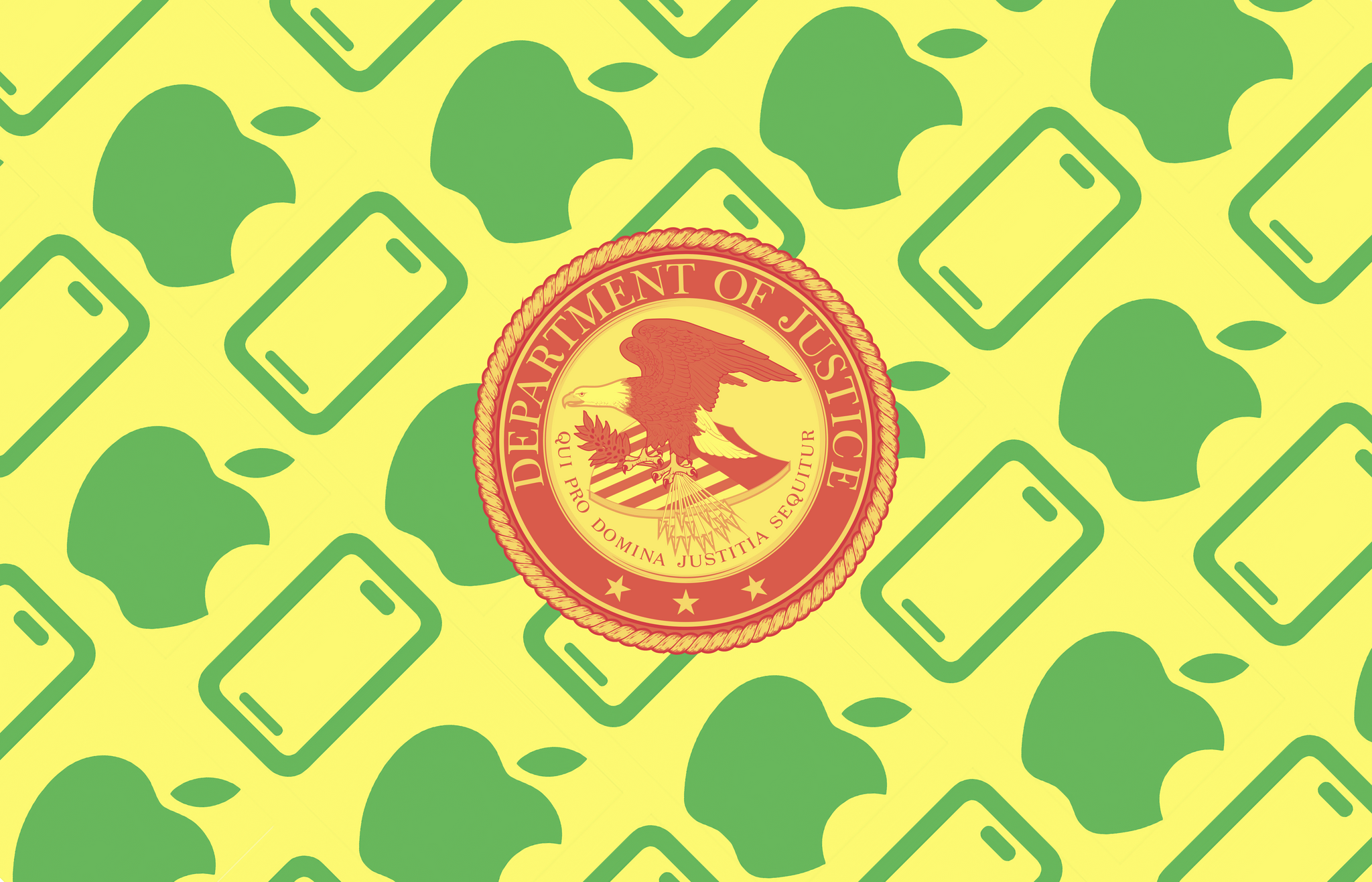2025 is shaping up to be the year of litigation for big tech. Apple’s been held in contempt and has an antitrust case on the horizon, Meta is in the midst of an antitrust trial, and Google is defending two antitrust lawsuits at once. Every one of these cases is a high-stakes challenge to the status quo, and collectively, they have the potential to reshape the tech industry for years to come.
The ultimate question for Google right now is whether it will be broken up. What will become of its ad tech business, and will it be forced to sell Chrome? That will be decided by the judges in those cases, but along the way, there are plenty of sideshow dramas worth keeping an eye on. This week, it was Google’s turn for a little litigation drama that was prompted not by a judge, but by none other than Apple’s SVP of Services Eddy Cue.
As part of Google’s search antitrust case, Cue testified yesterday that in April 2025, Google searches declined in Safari for the very first time. Cue’s testimony, which was reported on by Mark Gurman, Leah Nylen, and Stephanie Lai of Bloomberg, went on to explain that Apple is investigating AI search as an alternative to traditional search engines, noting that the company has had discussions with Perplexity.
Google’s stock immediately began to fall. By the close of trading, it was down around 7.5% and had caused enough concern internally at Google that the company felt compelled to release a one-paragraph statement on its blog, The Keyword, responding not to the testimony but to “press reports:”
Here’s our statement on this morning’s press reports about Search traffic.
We continue to see overall query growth in Search. That includes an increase in total queries coming from Apple’s devices and platforms. More generally, as we enhance Search with new features, people are seeing that Google Search is more useful for more of their queries — and they’re accessing it for new things and in new ways, whether from browsers or the Google app, using their voice or Google Lens. We’re excited to continue this innovation and look forward to sharing more at Google I/O.
It’s not news that Google Search is under threat from AI. However, Cue’s testimony under oath that Google searches in Safari are in decline is the first concrete evidence publicly shared that the threat is not just theoretical, which is a big deal.
Apple’s exploration of AI-based search is not terribly surprising either, but I do hope they cut a broader deal with Anthropic instead of Perplexity. I understand why Perplexity’s product is popular, but its CEO’s contempt for the open web and user privacy is something that I’d rather not see Apple perpetuate through a partnership.









](https://cdn.macstories.net/banneras-1629219199428.png)
